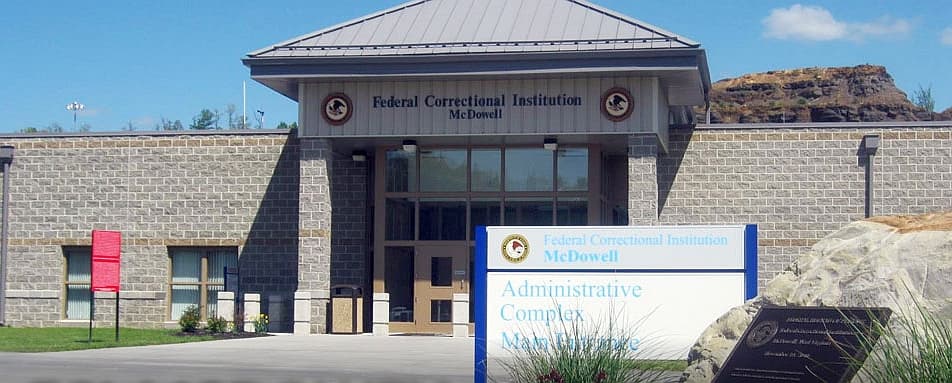State files over three million dollars in liens against Bluestone Coal
Public records show the West Virginia Tax Division placed more than three million dollars in liens against Bluestone Coal for unpaid severance and special reclamation taxes, with filings recorded in McDowell County between 2023 and mid 2025. The filings matter to local residents because they reflect unresolved obligations tied to mining operations that include sites in and near McDowell County, with potential implications for county revenue, mine cleanup and local jobs.

Public land and tax records filed in McDowell County show the West Virginia Tax Division recorded more than three million dollars in liens against Bluestone Coal for unpaid severance and special reclamation taxes. The lien documents span multiple tax years and were entered in county records between 2023 and mid 2025, according to reporting by West Virginia MetroNews republished by SpotOnWestVirginia on November 16, 2025. The filings are tied to mining operations that include activity in and near McDowell County.
The records place the most recent tax liens within a broader pattern of state enforcement actions involving Bluestone and companies operated by members of Senator Jim Justice's family. Public filings and reporting note prior notices of violations and Department of Environmental Protection actions during 2024 and 2025. Officials responses to the tax division filings were not cited in the public record summary presented in the reporting.
For McDowell County the immediate effects are concrete. Severance taxes and special reclamation levies are designed to help fund state and local programs and to ensure money is available for mine reclamation. Unpaid taxes reduce those revenues and complicate oversight of cleanup obligations. Bluestone operates and reclaims sites in and around the county, so questions about tax compliance link directly to the effectiveness and timing of reclamation work that affects local infrastructure and environmental health.
From an economic perspective these liens increase regulatory and financial scrutiny of a regional operator at a time when coal industry earnings remain under pressure. Liens do not by themselves determine business outcomes, but they signal an elevated compliance risk that can affect access to bonds, permitting and contractor confidence. For local contractors, landowners and workers, delayed reclamation or tightened financing for operators can mean postponed projects and slower payments.
Policy implications are also clear. Severance taxes are a core fiscal tool for coal producing states to internalize environmental costs and support communities. Special reclamation funds are intended to ensure that cleanup obligations are met even if an operator fails to perform. When collections are incomplete the state and counties face choices about enforcement, bonding and whether to advance public funds to finish reclamation work. The filings against Bluestone may prompt renewed attention from state regulators and legislators on collection practices, bonding requirements and monitoring of reclamation progress.
Residents and local leaders will be watching how the Tax Division and the Department of Environmental Protection proceed, and whether the company resolves the liens or is subject to further enforcement. The public records provide a documentary basis for those actions, and they underscore ongoing tensions between the economic role of coal operations and the fiscal and environmental responsibilities that accompany mining in McDowell County.


